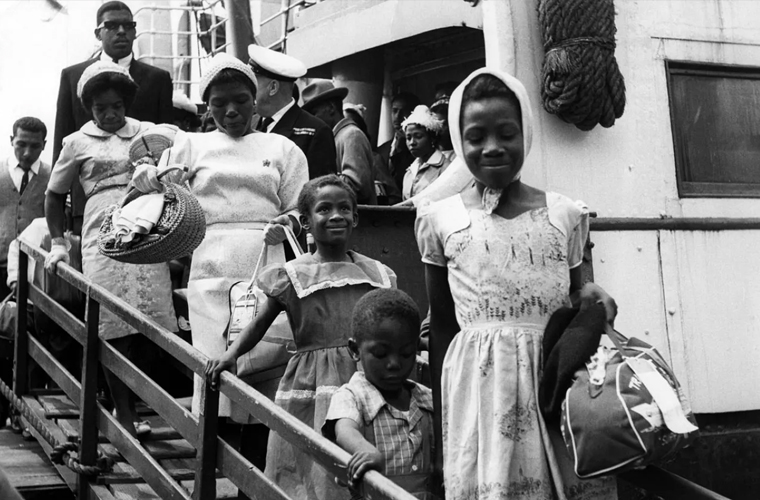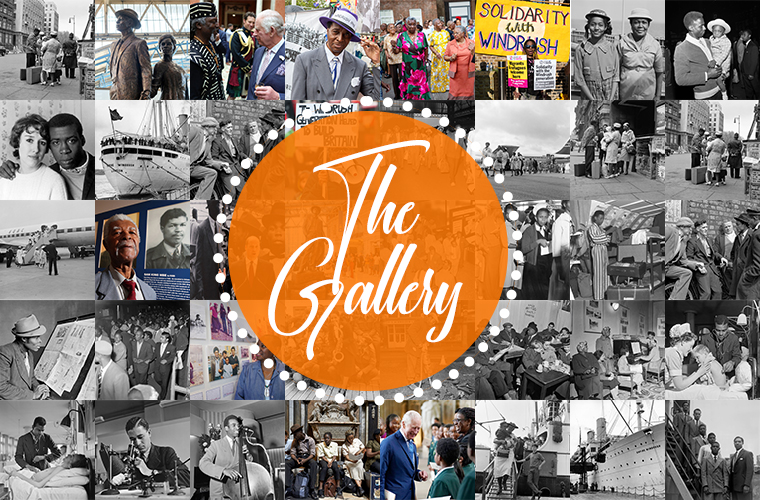The Windrush generation refers to the group of people who arrived in the UK from the Caribbean between the late 1940s and the early 1970s. The name comes from the ship HMT Empire Windrush, which brought the first group of Caribbean migrants to Britain in 1948. These migrants were invited to the UK to help rebuild the country after World War II and fill labor shortages.
The Windrush generation played a significant role in shaping modern Britain. They contributed to the economy, helped establish multiculturalism, and enriched British society with their music, art, and literature. However, their arrival was not always welcomed, and they faced discrimination and racism. In recent years, the Windrush scandal has brought their plight to the forefront of public attention. Many members of this generation were wrongly detained, deported, or denied access to healthcare, housing, and employment due to changes in immigration laws in 2012. The scandal led to a public outcry and a government apology.
To understand the Windrush generation, it is essential to look at the historical context of their arrival in the UK. The post-war period was a time of significant change in Britain. The country was in need of labor to rebuild its infrastructure and industries, and the government turned to its colonies for help. In 1948, the British Nationality Act was passed, which gave citizens of the British Empire the right to live and work in the UK. This act paved the way for the arrival of the Windrush generation. Between 1948 and 1971, around 500,000 people from the Caribbean migrated to Britain.
The Windrush generation faced many challenges when they arrived in the UK. They were often met with hostility and racism, and many struggled to find work and housing. Despite these obstacles, they persevered and established themselves in British society. The arrival of the Windrush generation had a significant impact on British culture. They brought with them their music, food, art, and literature, which enriched British society and helped establish multiculturalism. The Notting Hill Carnival, which began in 1966, is a prime example of this cultural exchange.
However, despite their contributions to British society, members of the Windrush generation have faced discrimination and injustice. The 2012 Immigration Act introduced new rules that made it difficult for people without documentation to prove their right to remain in the UK. Many members of the Windrush generation were caught up in this new system and wrongly detained or deported. The Windrush scandal has highlighted the need for reform of the UK’s immigration system. The government has promised to compensate those affected by the scandal and review its policies to ensure that such injustices do not happen again.
In conclusion, the Windrush generation played a significant role in shaping modern Britain. Their arrival in the UK marked a turning point in British history and helped establish multiculturalism. However, their contributions have often been overlooked, and they have faced discrimination and injustice. The Windrush scandal has brought their plight to public attention and highlighted the need for reform of the UK’s immigration system.


